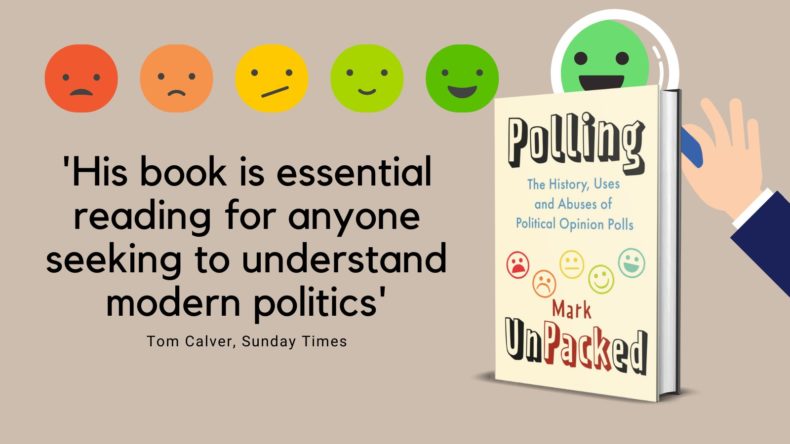Six extra voting intention polls ‘discovered’
My Pollbase database of national voting intention polls, going back to 1943, seeks to be the largest such collection. That’s been helped by the kind cooperation of various pollsters and academics over the years, sharing data from their own collation efforts.
For recent years, my data set if very similar to that of other collections you’ll find, though I usually have a few extra polls that others miss. (Such as, in this Parliament, the very first Techne polls, which were not put on general release but the firm has kindly given me data for.)
But I’ve always known that despite being able to say my dataset is the most comprehensive, that’s not to say it’s complete. A good example is the 1950-1951 Parliament, where I have a Daily Express poll from the general election campaign itself – when records are usually at their best – but not from earlier in the Parliament. That’s a good hint that there are other polls out there, which haven’t made it into previous records and which are waiting to be found in the archives.
So on my to do list for this year has been getting access to newspaper archives and starting to hunt down the missing polls. I’ve done a few mini tests, resulting in extra, if rather confusing, information about Gallup poll from March 1961, for example.
But more excitingly* has been a little test with Dailly Express polling. Just the one newspaper article has already given much of the information about six extra voting intention polls that had been ‘lost’. Previously, we only had 25 polls for the 1950-51 Parliament in the records, so adding an extra six is already quite a boost to the historical record.
It looks like there’s a rich seam of old polls to rescue awaiting in the archives. If I can find the time…
Updates as new information is found will be included in each quarterly update of Pollbase. The next one will include those six extra polls as well as sundry other details picked up from the tests so far.
* Look, if you’ve read as far as this, admit it, you’re excited too.
Get the essential polling book

Good morning Mark,
Good morning Mark,
I stumbled across this treasure-trove; any use?
https://ropercenter.cornell.edu/blog/british-institute-public-opinion-polls-1938-1946-roper-ipoll
Questions from British Institute of Public Opinion polls from 1938-1946.
These surveys cover a variety of topics such as:
– popularity of Prime Ministers Chamberlain and Churchill and other government officials;
– opinions on British foreign policy in the years surrounding WWII;
– domestic conditions with focus on air raid shelters, rationing, consumer behavior, and other economic issues;
– social issues including the role of women and minimum wages;
– current and future prospects of the war;
– opinions of the United States and Russia.
The British Institute of Public Opinion was formed in 1936 to bring to the United Kingdom the new public opinion techniques pioneered by George Gallup, Elmo Roper, and Archibald Crossley in the U.S.
Scientific polling had just demonstrated its worth by outperforming the venerable Literary Digest in the 1936 presidential election, and BIPO wanted to bring the same accuracy in the measurement of public opinion across the Atlantic. Following experimental testing, they began publishing data the next year, and in 1938 the rights to publish their work was acquired by the News Chronicle daily newspaper and gained wider distribution. BIPO’s work was also proven accurate in predicting election results on multiple occasions, helping polling gain legitimacy with the British public and media.
A broad range of fascinating topics was addressed in these surveys, including:
– the impact of anti-Semitism on British opinion of Germany.
– opinions about BBC broadcast of dance music on Sundays,
– whether amateur national athletes should be compensated for lost earnings.
– post-war questions about the new international order and especially the place of atomic weapons in it.
BIPO Poll Question
The specter of WWII looms over nearly all questions.
– Respondents were asked about what should be done with the Axis nations after the war,
– how long rationing should be extended in order to help supply food to the needy of the war-torn Continent,
– how to prevent future wars.
– topics such as using women in war work.
– whether or not German cities should be targeted for bombing.
– whether food rationing coupons should be used in restaurants,
– one had (and planned to use) an air-raid shelter on their property.
– There was even a question about whether or not Franklin Roosevelt should break the US two-term tradition and whether that would be good for the world.
The Roper Center is a treasure trove of data, though for my main use (national voting intention polls), sadly there were very few before 1946.